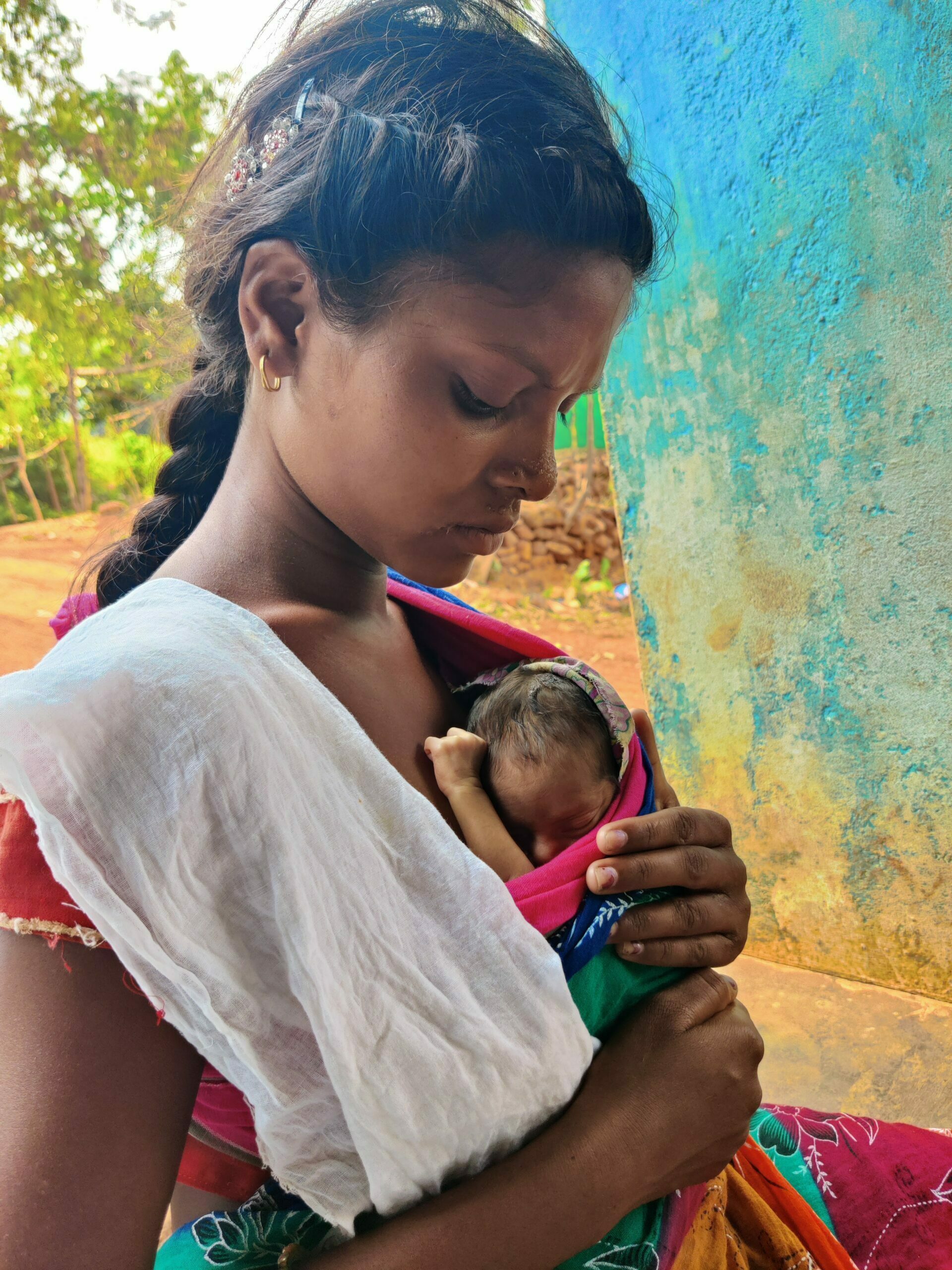Many communities of remote villages in India still lack access to advanced medical services. Setting up clinics in far-flung areas is necessary to ensure good health, nation-wide
Kaniguma and Kerpai villages of Thuamul Rampur block in Odisha are among the most underdeveloped areas in India. Basic services like health, education and infrastructure have been beyond the villagers’ reach. The nearest community health centre was around 70km away. Looking at the need for health services in the area, the Trusts supported Swasthya Swaraj in setting up two health clinics at Kaniguma and Kerpai to offer 24-hour laboratory and treatment services. Soon after the setting up of these clinics, doctors and nurses were appointed, and a network was established with block, district and private hospitals. Within a period of two years, a health service system has been created through counselling at the village level by the Swasthya Sathi (health volunteer), primary treatment provided at the two clinics, and referral to district hospital and private hospitals in critical cases. This network has saved many lives in the remote villages of the area.
Gobind Majhi, a seven-year-old boy from Nichemaska village is one of the precious lives saved by this health service under the South Odisha Initiative of the Trusts. The child lived with his grandmother after losing his mother at the age of five and after his father re-married. During a regular home visit, one day the Swasthya Sathi found Gobind very sick as his stomach was enlarging. Recognizing the need for immediate treatment, the Sathi convinced the grandmother to take him to Kaniguma health clinic. During his medical examination, the attending physician noticed empyema (pus collection in lungs) and suspected TB as the cause. Gobind was severely malnourished, weighing only 11.1kg.
After conducting tests at the district hospital, Gobind was diagnosed with TB. An X-ray was also done to find if he needed a chest drain tube.
Gobind was treated at the district hospital for three days and then brought to the clinic in Kaniguma, where he was given further medication along with a high-calorie nutritious diet for two weeks. He returned home with advice to continue his dosage and nutrition supplements. Gobind gradually recovered and has gained 3kg in weight within a period of three months. His father is grateful to the doctors and says, “Kaniguma clinic has treated my child as their own and saved his life. I can’t thank them enough for this.”



